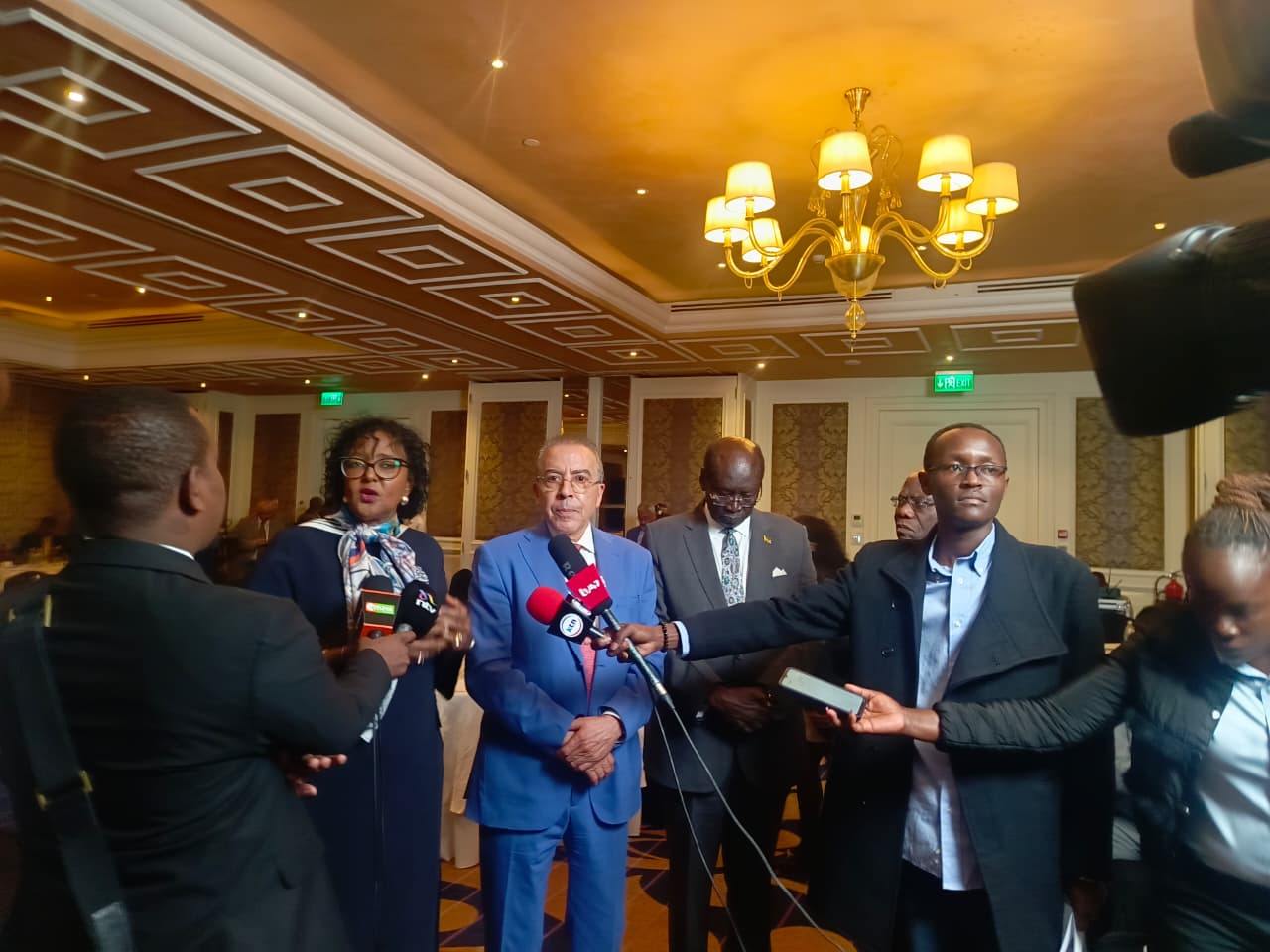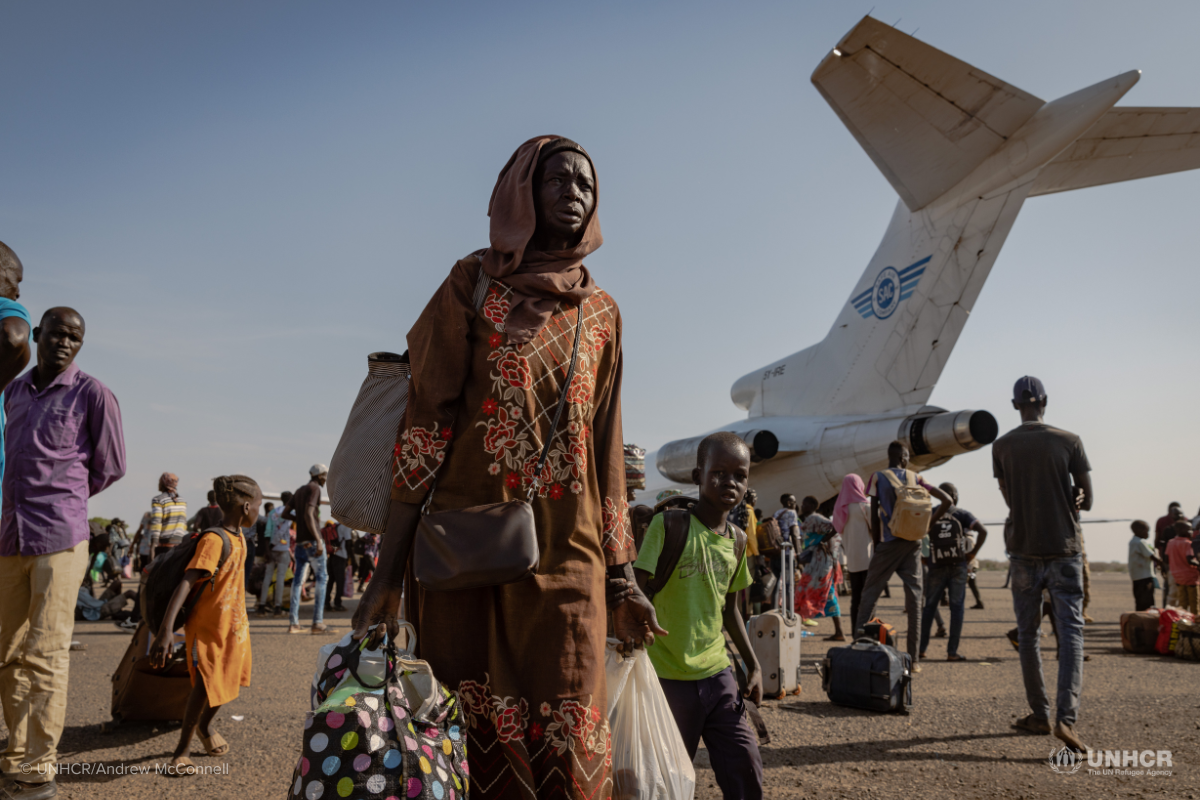The ongoing war in Sudan between the Sudanese Armed Forces (SAF) and the Rapid Support Forces (RSF) has plunged the nation into a deepening humanitarian crisis, with women and children suffering the most, according to a high-level panel discussion held at the Kempinski Villa Rosa Hotel in Nairobi.
Organized by the Kofi Annan Foundation, the Maghreb and Africa Media Centre, and the Amina Live Foundation, the event brought together regional leaders, diplomats, and experts to address the devastating consequences of the conflict and the failure of past peace initiatives.
Minister Awut Deng Acuil highlighted the dire situation, noting that 75% of Sudanese families are headed by women who, along with their children, bear the brunt of the violence.

“When we talk about humanitarian assistance, we must talk about those women and children who do not have guns,” Awut emphasized.
The conflict, which has killed thousands, displaced millions, and triggered famine across vast regions, has left families struggling to survive amidst widespread atrocities, including war crimes, massacres, and mass sexual violence.
The panel, convened on September 11, 2025, stressed that the absence of a sustained ceasefire has crippled humanitarian efforts.
Ambassador Benjamin, a key speaker, lamented the failure of previous peace processes, such as the Juba Peace Process, which aimed to prevent the current war but fell short.
“We have heard about the peace processes, but no lives have been saved,” he said, urging immediate action to halt the fighting and enable aid delivery.
Without a ceasefire, he warned, the loss of life will continue unabated.
The discussion also highlighted the broader regional implications of the conflict.
Sudan’s war has unleashed a wave of displacement, with millions fleeing to neighbouring countries that have opened their doors to refugees but are now overwhelmed.
Services in borderland communities are stretched thin, struggling to cater to internally displaced persons (IDPs), refugees, and returnees from other regional conflicts.
The panel raised alarms about the risk of a proxy war involving state and non-state actors, as well as the rising trafficking of arms and people within and beyond the Horn of Africa.
Experts criticized the lack of sustained international engagement, noting that peace initiatives in Jeddah, Geneva, London, and Manama have failed due to a lack of commitment from warring parties and interference from political forces tied to Sudan’s old regime.
Mahmoud, former president of the Human Rights Council, called for the international community to “rise to the occasion” and stop the war, warning of a “war of atrocities” that demands urgent action.
Co-convener Ambassador Abnou expressed gratitude for the solidarity shown by nations present at the discussion, but stressed the need for more decisive measures.
Ambassador Amina Mohamed introduced an innovative approach to mediation, highlighting the SMS mediation system, which enables peace brokers to respond to crises within hours rather than days.
The panel emphasised the urgent need for increased funding, as slow inflows hinder humanitarian work.
Donors were urged to scale up support to address food insecurity, health emergencies, and migration challenges.
The discussion also warned of the conflict’s potential to fuel extremism and terrorism, further destabilizing the region.
The panel concluded with a call to action: break the silence, silence the guns, and prioritize the women and children suffering the most in Sudan’s tragic war.

